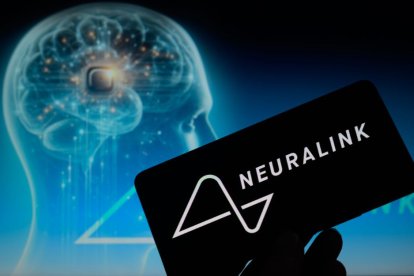Studies on the second patient with brain chip from Elon Musk’s Neuralink are successful
The company detailed that the second participant, identified as Alex, can play video games and design in 3D. No problems were recorded with the implant threads, something that did occur in the first operation.

Neuralink, owned by Elon Musk, reported that studies on its second patient to implement a brain chip went well. The company detailed that the second participant, identified as Alex, can play video games and design in 3D.
"The surgery, conducted at the Barrow Neurological Institute, went well — Alex was discharged the following day, and his recovery has been smooth. With the Link, he has been improving his ability to play video games and began learning how to use computer-aided design (CAD) software to design 3D objects," the company said in a statement posted on its website.
The patient, who before his injury worked as a technician in the automotive industry, sometimes dealing with heavy machinery, is a fan of the first-person shooter video game Counter-Strike. Until now, he needed a device called a Quadstick to play the game that limited his movement. With Link, he can enjoy his games like never before.
In this sense, Neuralink detailed that the results mark a milestone "towards providing a high-performance interface that will enhance the control of digital devices for people with quadriplegia to help restore their autonomy."
Similarly, the company maintained that the overall goal of the study, dubbed PRIME, is to demonstrate that the chip is safe and useful in everyday life.
"From the first moment Alex connected his Link to his computer, it took less than 5 minutes for him to start controlling a cursor with his mind. Within a few hours, he was able to surpass the maximum speed and accuracy he’d achieved with any other assistive technology on our Webgrid task," the report explained.
Finally, the report noted that in this case, there were no problems with the implant threads, something that did occur in the first operation.
"With our first participant, Noland, we observed a degree of thread retraction that temporarily reduced his BCI performance. The threads have stabilized, and the performance of Noland’s Link has since recovered — more than doubling the prior world record for BCI cursor control," the company noted.
RECOMMENDATION






















